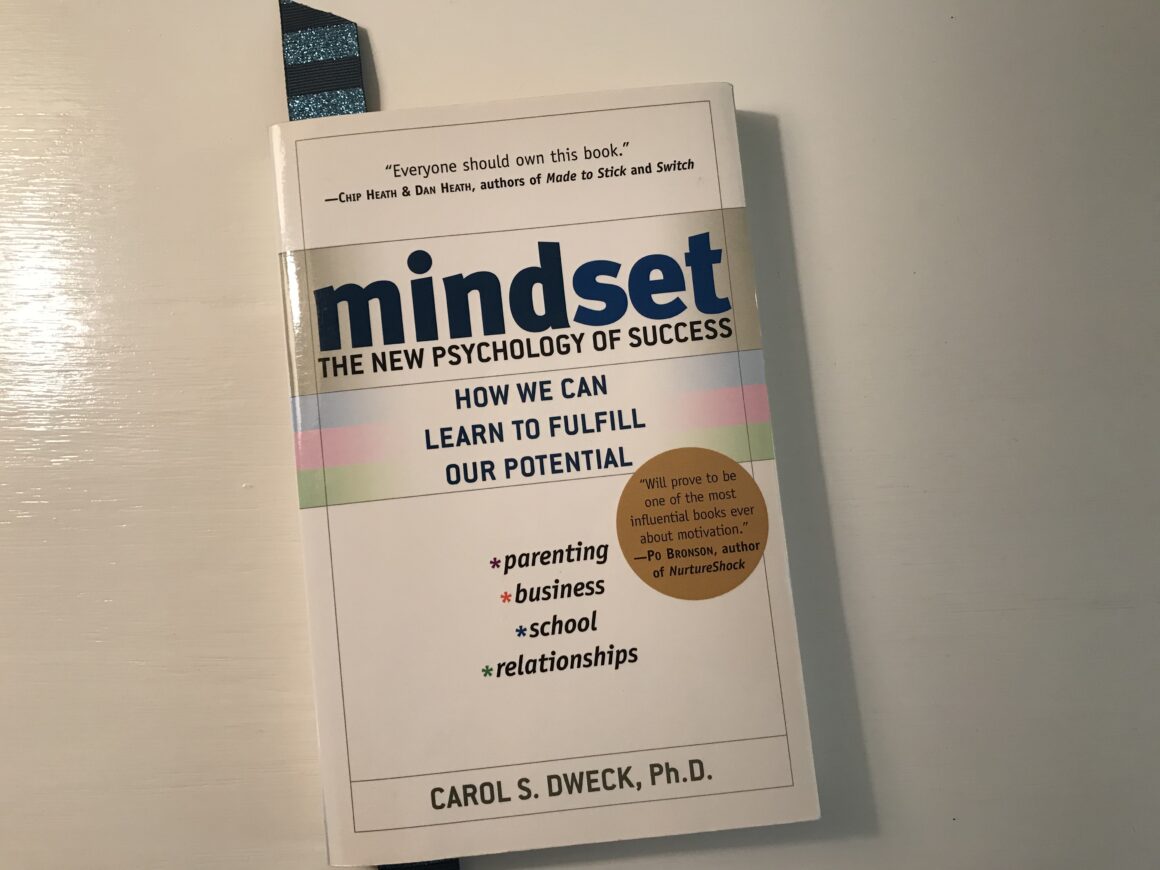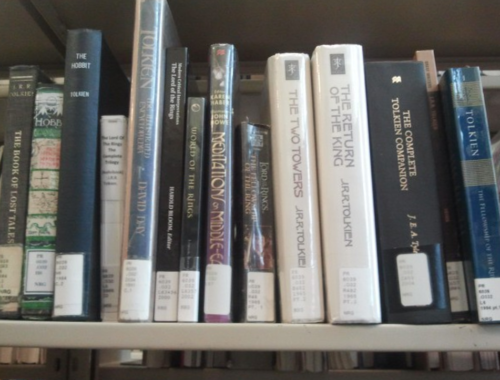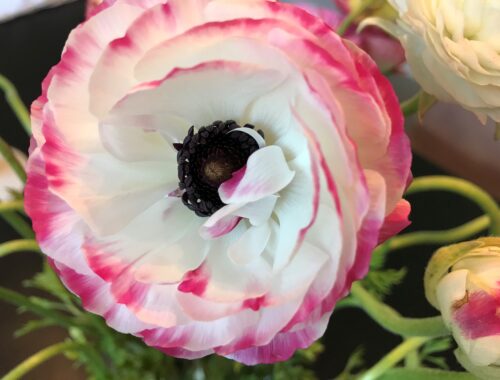
Growth Mindset
I remember feeling an enormous degree of embarrassment and shame over the marks on one particular report card when I was a kid. I was in kindergarten, and even though most of the checked boxes were in the column of the highest option, there was an exception far from that: The teacher said that I couldn’t cut a straight line with scissors, and I felt a shock of recognition as I read her observation of me. I knew my teacher was completely right. Now, I can quickly find the center in a lump of clay on a potter’s wheel, I can hand hem a garment with fine and invisible stitches, and I can easily craft a flaky butter crust—but I still have a hard time cutting a straight line with a pair of scissors, even though I use ones made for adult hands, with long, sharp blades that are much more effective at biting through paper or cloth. Maybe it’s a metaphor; probably, I just need more practice.
Carol Dweck’s Mindset: The New Psychology of Success/How We Can Learn to Fulfill Our Potential wasn’t published until 2006, so I lived decades of life without the specific research and wisdom she articulates. Thankfully, the mentor teachers in the progressive schools where I began my career as a teacher guided me through many of the same optimal principles and practices Dweck details, and my husband and I later utilized those in our efforts as parents. Now, I can find banners and placards printed with growth mindset declarations in every classroom in our local school district, but the encouragement for the learning process is often counteracted by the entrenched traditions of competition—in the schools and sometimes in homes—where students’ progress is pitted against others’, labels attached to themselves because of how they were judged at a single moment in time. As I coach clients in our loving-kindness weight-loss program, Tenable, I’m reminded of the far-reaching power of both early and continued self-definition. For our whole lives, we’re in process; we’re not finished products.




